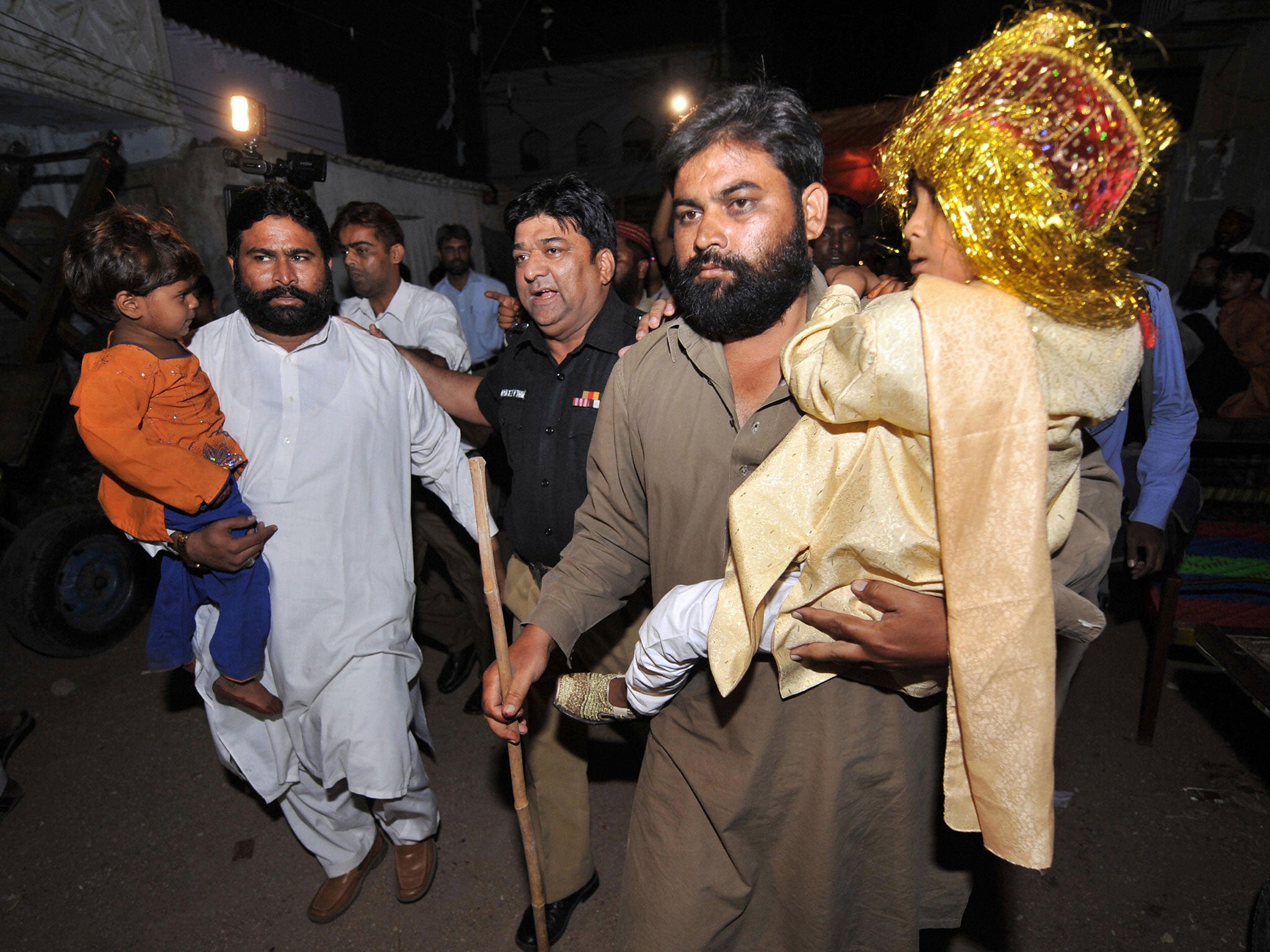Pakistan bill aiming to ban child marriages shot down as 'anti-Islamic' and 'blasphemous'
The proposed legislation would have seen harsher punishments given to those entering conjugal contracts with minors

Your support helps us to tell the story
From reproductive rights to climate change to Big Tech, The Independent is on the ground when the story is developing. Whether it's investigating the financials of Elon Musk's pro-Trump PAC or producing our latest documentary, 'The A Word', which shines a light on the American women fighting for reproductive rights, we know how important it is to parse out the facts from the messaging.
At such a critical moment in US history, we need reporters on the ground. Your donation allows us to keep sending journalists to speak to both sides of the story.
The Independent is trusted by Americans across the entire political spectrum. And unlike many other quality news outlets, we choose not to lock Americans out of our reporting and analysis with paywalls. We believe quality journalism should be available to everyone, paid for by those who can afford it.
Your support makes all the difference.A move to ban child marriages in Pakistan has been withdrawn after meeting staunch resistance from a religious body, which branded the bill as “anti-Islamic”.
The ruling party politician who introduced the bill, Marvi Menon of the Pakistan Muslim League party, withdrew it after the Council of Islamic Ideology (CII) dubbed the bill “blasphemous”.
The CII unanimously rejected the proposed Child Marriage Restraint (Amendment) Bill 2014 on "purely religious grounds", reports The Express Tribune.
CII Chairman Mohammad Khan Sheerani said the bill contradicted Islamic teachings.
He said: “Parliament cannot create legislation that is against the teachings of the Holy Quran or Sunnah.”
The proposed legislation recommended giving out harsher punishments to those entering a marriage with a minor, as well as raising the minimum age of marriage for women to 18-years-old.
The current minimum age for marriage is 16-years-old for women, and 18-years-old for men.
This law, stipulated in the Child Marriage Restriction Act of 1929, has been ruled by the CII as non-compliant with Islamic laws.
In May 2014, the council reiterated its earlier ruling that girls as young as nine-years-old were eligible for marriage if “the signs of puberty are visible”.
Join our commenting forum
Join thought-provoking conversations, follow other Independent readers and see their replies
Comments